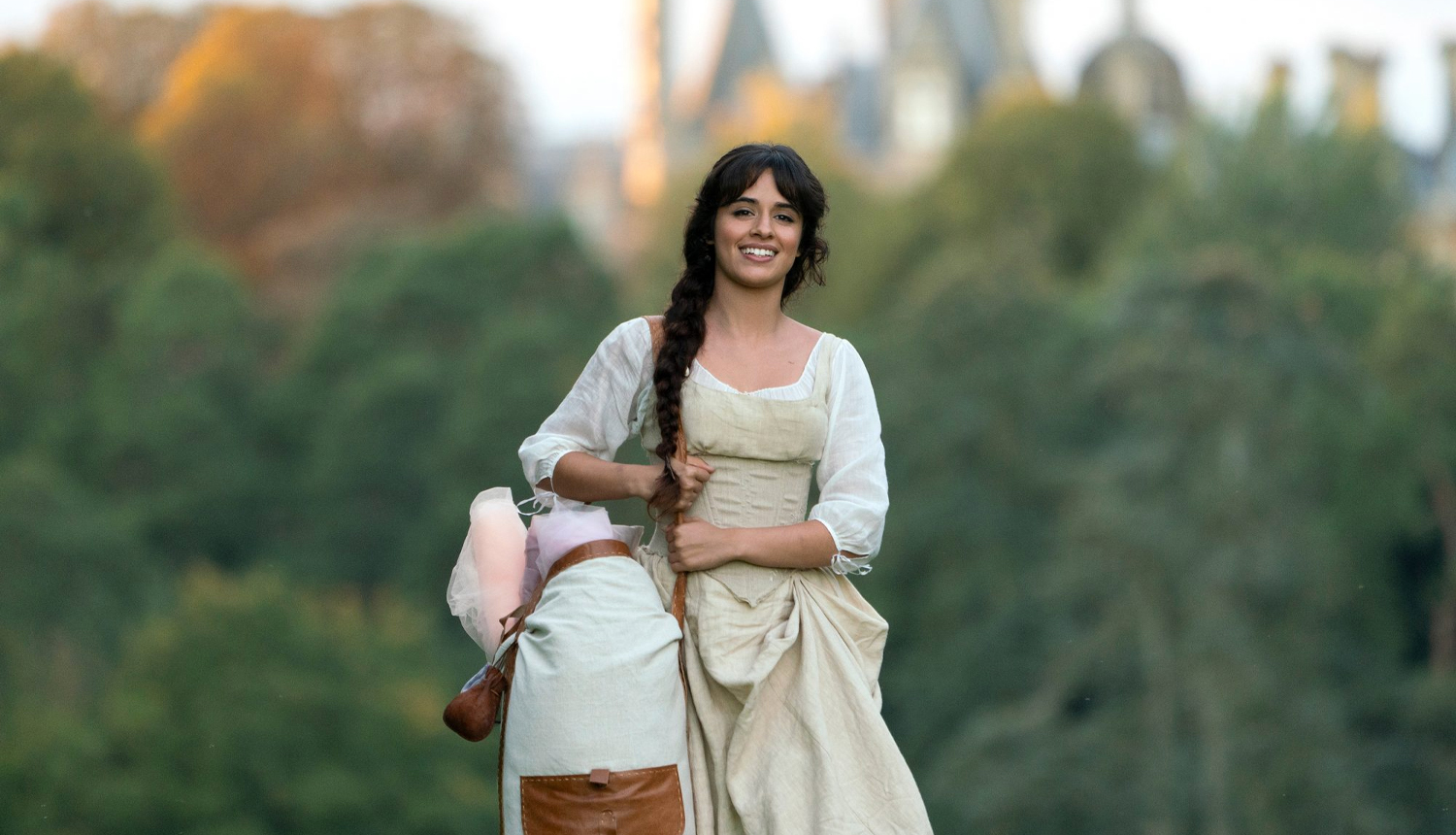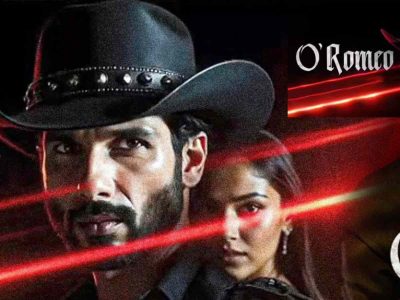While retelling of classic fairytales as feminist stories with strong women characters comes into forefront — here’s how they contribute to empower women all over the world
A damsel in distress, waiting to be saved by her knight-in-shining armour – to finally have her ‘happily ever after.’ This is what fairytales are all about. From Cinderella to Snow White – these tales, which have been retold since the 17th century or so, have been widely watched – especially by young girls, all over the world.
Like many such girls, I too devoured these tales as a child and in my teens. At that time, they fascinated me. These “enchanting tales” gave me a skewed notion of love, life and gender roles. And while growing up, I realised how problematic these fairytales are.
In Netflix’s famous sitcom Sex Education, the male protagonist Otis rightly says: “Fairytales are all about female suppression.” And I couldn’t agree more. Today, millennials have started questioning stories they have grown up watching. How they might have impacted us in our childhood also remains a matter of concern.
Women in these fairytales were often portrayed as naïve, innocent and docile – who needed to be “saved.” The beauty standards that these stories created – like in Snow White, ‘fair skin’ is being considered a barometer of one’s beauty – were skewed and wrong. Here, a woman’s self-worth is also depicted as low – with no identity of her own. For instance, in Little Mermaid – the protagonist lets go of her whole identity (by transforming herself from a mermaid to a human to marry the prince) for the man she loves!
From books to cartoons, and then films – fairytales always sell like hot cakes, especially among women and children. But with changing times, the depiction of these problematic tales in films (motion pictures and animation both) changed drastically.
The most recent example of this is Disney+Hotstar’s Cinderella, which released on September 3, starring Camila Cabello. It is a feminist retelling of this popular fairytale.
For the first time, Cinderella was seen as a sassy, smart, ambitious and driven woman – and not as submissive and lovelorn waiting for her “prince charming.” This was the first time such a bold take was given to this classic tale. The musical drama, directed by Kay Cannon, broke away from the sexist, misogynist and orthodox narrative that our once favourite tale propagated.
With lines like, “I have to make a life for myself. I have dreams that I have to chase. I don’t want a life stuck waving from a royal box,” the modern-day Cinderella is the perfect story of empowerment every girl needs while growing up.
Though the film might not be free from flaws, the concept and the message it conveys makes it a commendable one.
Cinderella is not the only film which has broken away from depicting conventional or stereotypical women characters in fairytales. Disney’s Frozen (2013) is another prominent example. The film has strong female characters – Elsa and Anna – who after their parent’s death venture on a journey to save their own land/kingdom. Here, these princesses are the saviours – while the men are just a part of the journey.
Similarly, Disney – who has been the torchbearer of giving progressive twists to these otherwise patriarchal tales – also made Mulan (2020) and Moana (2016). Both of which have strong women warriors who are out to save their land from evil.
In Disney’s Tangled (2010), the famous tale of Rapunzel gets a bold and brand-new narrative. Here, Rapunzel in captivity is a clumsy, impulsive, brave and feisty girl who knows how to fight for herself. Also, another unique plot twist this story infused was that her love interest is not the cliched prince, but a notorious thief named Flynn.
Apart from Disney, many independent film and web series too have tried to give feminist twists to these age-old tales. One such portrayal was seen in Feminist Fairytales (2016)– a web series that retells these classic fairytales with a feminist twist. Directed by Man Powered Films (Mark Philip Lichtenstein), written by Nick Afka Thomas and Sarah Ann Masse (We Are Thomasse) Feminist Fairytales is available on YouTube.
The teenage me saw a Cinderella that waited for her saviour, and somewhere many girls like me – thought that’s how it should be. But now, as a young adult, this feminist retelling of the tale makes me want to be my own knight-in-shining armour!
(Cover: Camila Cabello in a still from Kay Cannon’s ‘Cinderella’)




